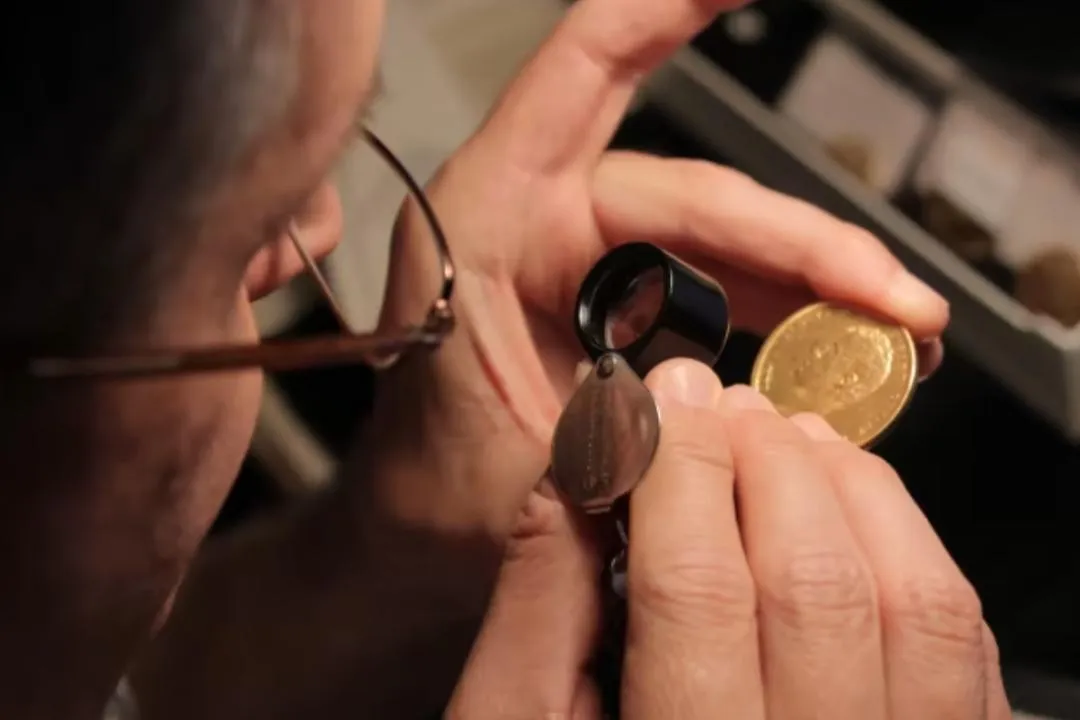
Coin Grading in Waukesha: Why It Matters & What to Know
Whether you’re new to numismatics or a seasoned coin collector in Waukesha, building a coin collection is often about more than just accumulating rare pieces. It’s about uncovering the stories, designs, and intrinsic value each piece of currency holds. From historic silver coins to modern gold bullion, every item tells a piece of economic and cultural life. But to truly evaluate a collection’s worth, one key concept stands out: coin grading.
This standardized process is essential in determining a coin’s condition and market prices, guiding both hobbyists and investors to make confident decisions. With trusted local resources like a reputable coin shop in Waukesha, WI, learning to grade your coins properly protects your saving goals and enhances your understanding of each piece’s uniqueness.
What Is Coin Grading?
Coin grading is the professional inspection and analysis of a coin’s overall condition using a standardized scale. This includes evaluating elements like strike sharpness, surface wear, design, color, and luster—factors that can significantly impact prices.
The purpose isn’t just to label coins. It’s to protect customer rights and preserve market integrity. Having a coin professionally graded and sealed by a trusted third party ensures its identity, legitimacy, and long-term condition are verified. This reduces fraud risk and improves the accuracy of evaluations.
The Coin Grading Scale: Understanding the Basics
The standard used for grading in the U.S. is the Sheldon Scale, a system that assigns grades from 1 up to 70. The higher the number, the better the coin’s condition.
Poor (P-1) to About Good (AG-3): Heavily worn, barely recognizable designs.
Good (G-4) to Fine (F-12): Noticeable to significant wear, but primary design elements are still discernible.
Very Fine (VF-20) to Extremely Fine (EF-45): Sharper design detail with moderate wear.
About Uncirculated (AU-50 to AU-58): Minimal marks, close to pristine.
Mint State (MS-60 to MS-70): Flawless condition with no signs of wear, ideal for premium gold or silver investments.
Proof coins, typically produced for collectors rather than circulation, are graded using prefixes like "PR" or "PF" (e.g., PF-69), often highlighting their superior design and finish.
Why Coin Grading Matters for Collectors and Investors
Grading isn’t only for perfectionists. It offers real-world advantages for both casual and serious collectors:
Value Accuracy
The difference between grades can mean a difference of thousands of dollars, especially for gold, silver, or rare denomination pieces from notable series.
Authenticity & Fraud Protection
Grading by a reputable service helps detect counterfeits, especially crucial when dealing with high-value gold coins or rare silver types.
Transaction Standardization
A consistent grading system protects both buyers and sellers and enhances trust in the business of coin dealing.
Marketability & Investment Confidence
Professionally graded bullion, currency, or even related collectibles like stamps are easier to sell and often more desirable due to the expertise and certification behind them.
Who Grades Coins? Major Grading Services Explained
Several companies are recognized for their expertise and strict grading standards:
NGC (Numismatic Guaranty Corporation): Recognized for its thorough evaluations, protective holders, and extensive coin registry.
PCGS (Professional Coin Grading Service): A pioneer in grading innovation, trusted for investment-grade bullion and coins.
ANACS and ICG: Credible services with a focus on affordability and quick turnaround, ideal for assessing a variety of coin types and metals.
Each service has its own pricing and appraisal policies, typically based on coin value, denomination, or age.
What to Know Before Submitting Your Coin for Grading
Is It Worth Grading?
Grading fees range from $20 to over $100, depending on the coin and service. Coins made of gold, silver, or featuring rare series may be worth grading, especially when their uniqueness or historical importance can drive up value.
Don’t Clean Your Coins
Cleaning, even when done lightly, can damage a coin’s surface and lower its value. It’s best to allow grading experts to examine the coin in its original state.
Gather Documentation
Include any relevant identification like mint packaging, historical data, or prior evaluations. These help with more accurate grading and bolster the customer case for premium pricing.
Package Properly
Use a non-PVC holder (like a Mylar flip) to prevent contamination, ensuring the coin’s preservation during shipping.
Coin Grading in Waukesha
Although major services are national, working with a local dealer in Waukesha, WI, brings big advantages:
Hands-on inspection and pre-screening
Trusted expertise with direct feedback
Assistance with secure packaging and documentation
Face-to-face service from a business that values attention to detail
A local shop may also assist with identifying variety within your collection, offering insights into coins you may have overlooked. They may carry historical records or display pieces that enhance your knowledge of specific series or denominations. Personalized evaluations, potential promotions, and real-time answers make visiting a local coin dealer a smart move for any serious collector.
Start Your Coin Grading Journey with Confidence

Whether you’ve inherited a small collection, uncovered a silver dollar, or need to verify gold bullion, coin grading helps protect your investment. It ensures accurate evaluation, confirms authenticity, and provides peace of mind through expert certification.
For expert guidance, visit a trusted local dealer like Costa's Fine Jewelry and Coins in Waukesha. Their knowledgeable team offers personalized service to help you understand your coin’s true value. Give them a call today at (262) 360-5516 to ask questions or request a quick estimate—there’s no pressure, just expert help to get you started with confidence.









